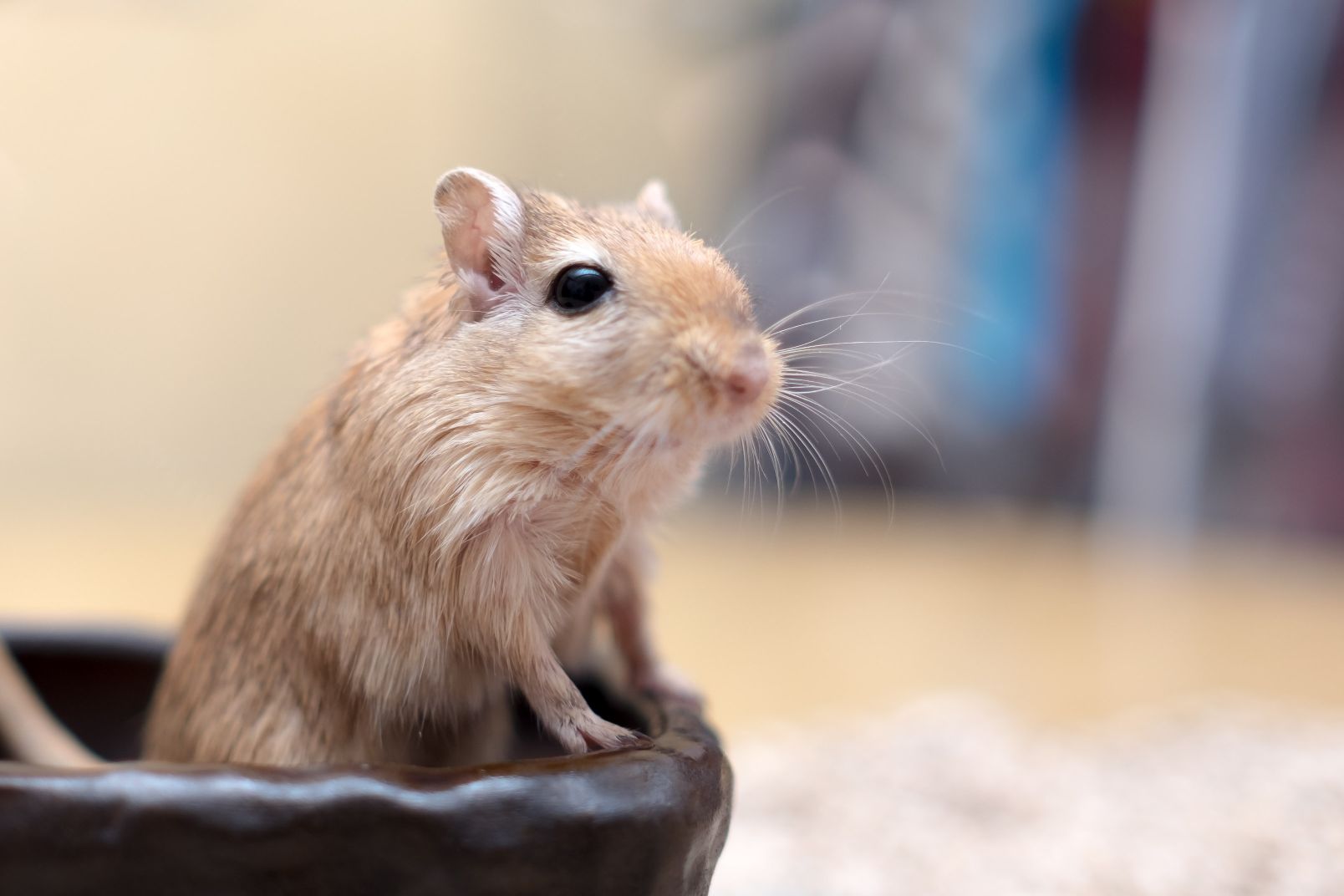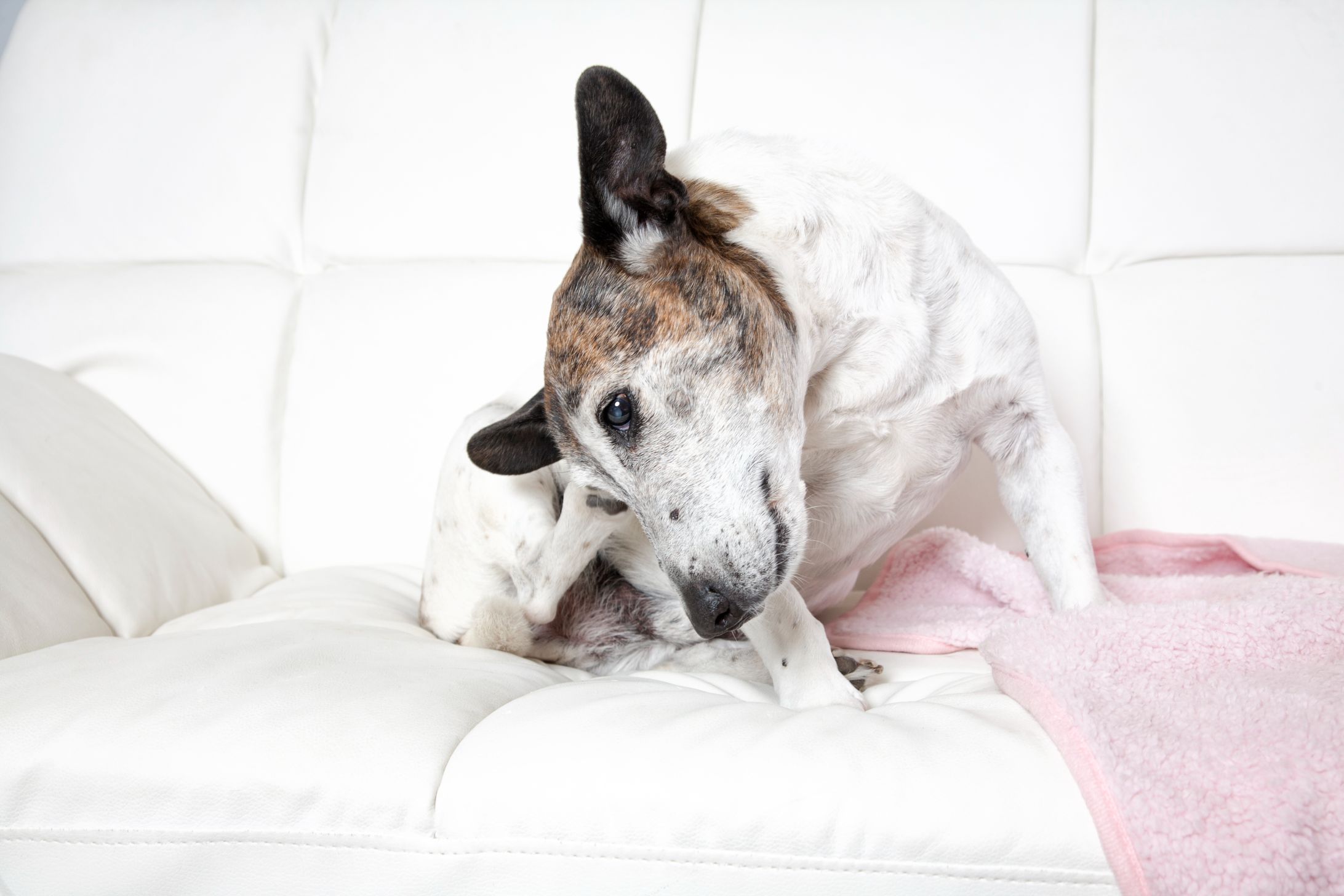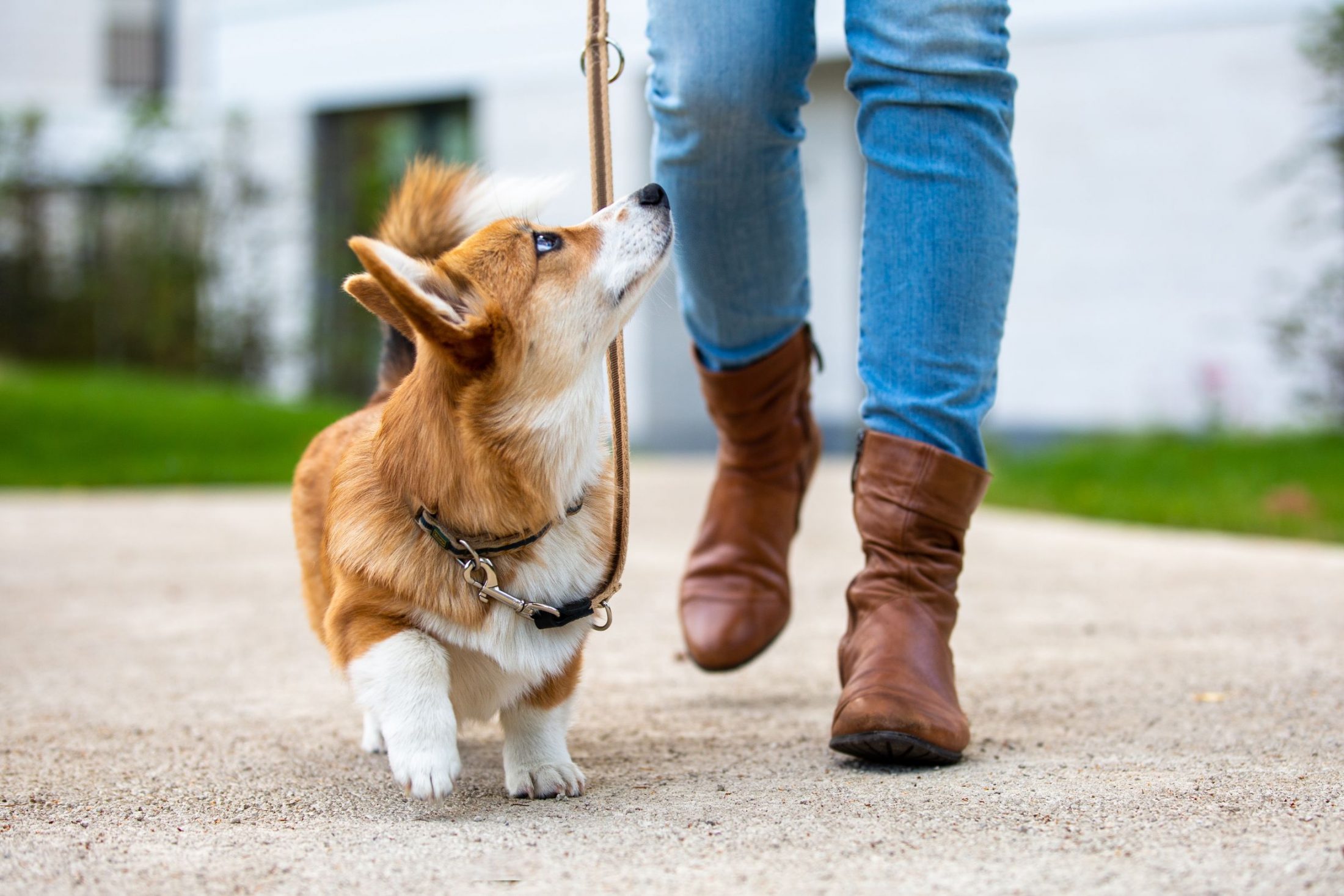
From hamsters to rabbits and everything in between, Summeridge Animal Clinic loves our pocket pets! While these pint-sized pets are not uncommon to see in people’s homes, it is a little crazy how little many of their owners know about their care. Read on to get started on the right paw when it comes to pocket pet care.
Pocket Pet Care Considerations
The term pocket pet encompasses any exotic pet that is a small mammal. They might include hamsters, gerbils, rats, mice, guinea pigs, ferrets, chinchillas, degus, rabbits, and sugar gliders.
Even though we group them into one category, it is important to note that all of these pets are different species and will have different needs. Perhaps the most important thing that you can do before deciding to welcome a pocket pet into your family is to do some in-depth research on that species needs and care.
Things to consider include:
- Environmental requirements—Each species will have different housing requirements. How much space does your pet need? What kind of enclosure is best? Does your pet need vertical space to climb? Are there certain areas in the home that may not be a good place to keep an enclosure?
- Nutritional needs—Most species have fairly specific nutritional needs and meeting those needs is essential for a healthy, happy animal. Understand what types of chewing surfaces your pet needs for dental health, what fiber requirements exist, if you need to supplement vitamins, and what foods could be potentially harmful.
- Social needs and behavior—Understanding how you can expect your pet to behave (Do they enjoy being handled? Are they more active at night or during the day?) can help you to have realistic expectations. Also understand if your pet needs or enjoys interaction from humans or may need another member of the same species.
- Husbandry—Know what ongoing care your pet will need. How often do they need to be fed and how often should you clean the enclosure? Making sure that you are providing an ideal environment is important.
Veterinary Care for Pocket Pets
You are not off the hook for veterinary care when it comes to pocket pets, either! Many of these small pets need ongoing care such as teeth trimmings, nail trims, spay or neuter, and nutritional counseling.
It is important to utilize a veterinary team such as ours who is familiar with your particular exotic species. This ensures that we can provide the best possible care and be sure that your pet is handled and treated appropriately.
Many illnesses and diseases in small mammals are a result of lack of education regarding appropriate pocket pet care. Don’t hesitate to ask us if you have questions about caring for your pet. We are excited to help you enjoy these adorable additions to the family.


